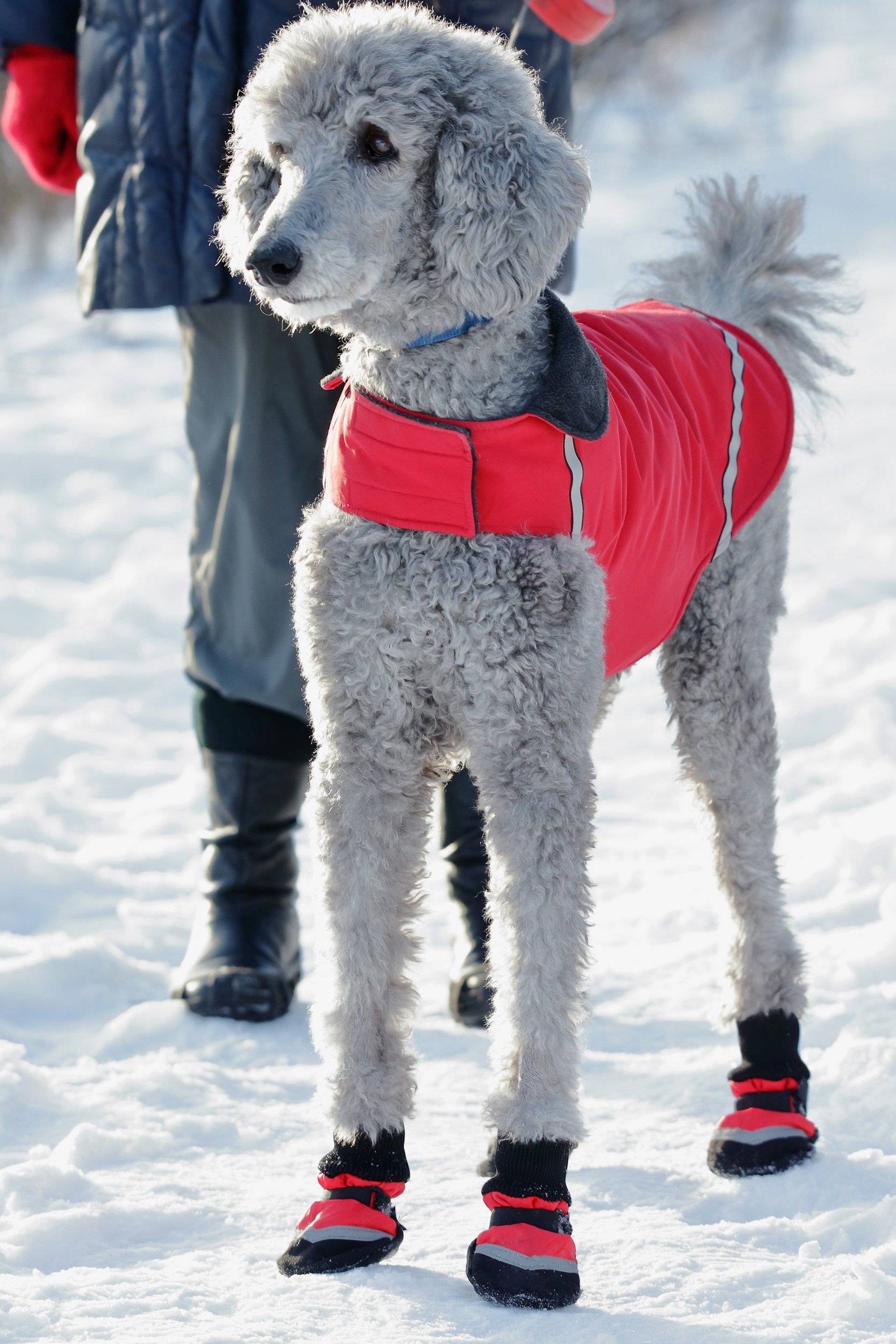The Dangers of Winter Toxins: Antifreeze, Ice Melt, and Other Hidden Hazards
Winter is a magical time, but it’s not without hidden dangers for our canine companions. Cold weather brings common toxins that can pose serious risks to dogs if ingested or exposed. As pet owners, it’s essential to know what to watch for and how to protect your furry friend from harm.
Common Winter Toxins
Antifreeze (Ethylene Glycol):
Antifreeze has a sweet taste that attracts dogs but is highly toxic. Just a small amount can cause kidney failure.
Keep antifreeze containers tightly sealed and stored out of reach. Promptly clean up any spills.
Ice Melt Products:
Many ice melts contain harmful chemicals like sodium chloride or calcium chloride, which can irritate paws and be toxic if licked.
Use pet-safe ice melts and rinse your dog’s paws after walks to prevent ingestion.
Rodenticides:
Rodent poisons are often used more frequently in winter. These are extremely toxic to dogs and can cause severe bleeding or neurological issues.
Store these products in secure locations and be vigilant when walking your dog in unfamiliar areas.
Household Chemicals:
Products like windshield washer fluids and de-icers can also pose a risk.
Avoid leaving these chemicals in areas where your pet could access them.
Signs of Poisoning to Watch For
If your dog has been exposed to a toxin, you may notice:
Vomiting or diarrhea
Lethargy or weakness
Excessive drooling
Tremors or seizures
Difficulty breathing
First-Aid Steps for Suspected Poisoning
Stay Calm: Quickly remove your dog from the source of exposure.
Contact a Veterinarian Immediately: Call your vet or a pet poison hotline for guidance. Provide details about the suspected toxin.
Prevent Further Exposure: If the toxin is on your dog’s paws or fur, rinse them thoroughly with water.
Do Not Induce Vomiting: Unless directed by a veterinarian, do not attempt to make your dog vomit, as this can cause more harm.
Prevention Is Key
Keep all chemicals and toxic substances securely stored.
Use pet-safe products for snow and ice management.
Supervise your dog during walks to ensure they don’t ingest harmful substances.
Regularly check your yard and common walking paths for potential hazards.
Innovative veterinary clinics equipped with advanced tools like VET VR are improving how poison cases are diagnosed and treated. Early detection and treatment can make a life-saving difference.
By staying informed and proactive, you can help your dog enjoy the winter months safely and happily.
